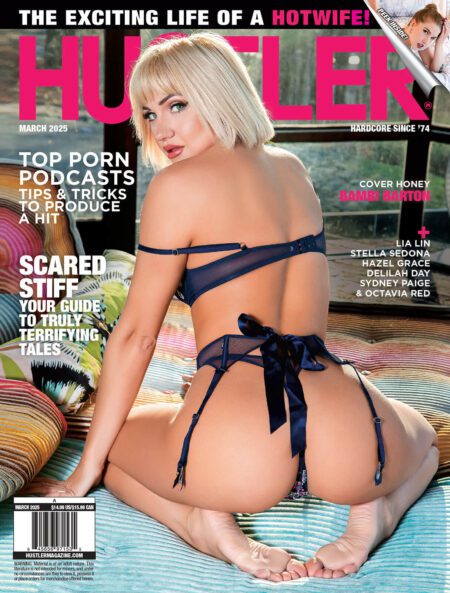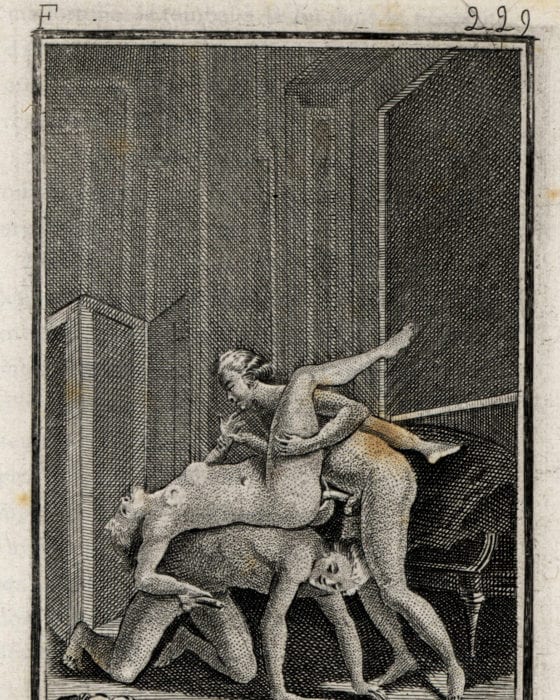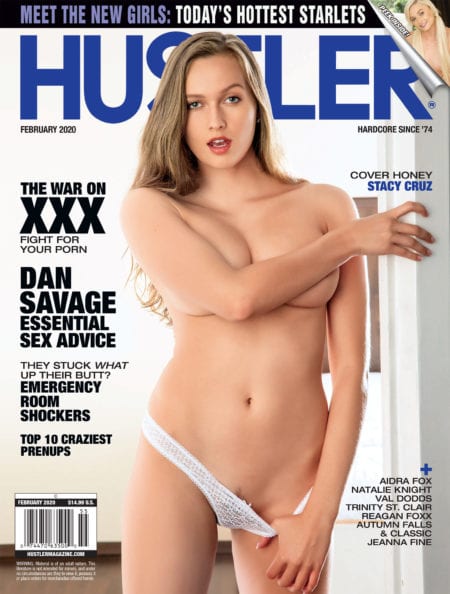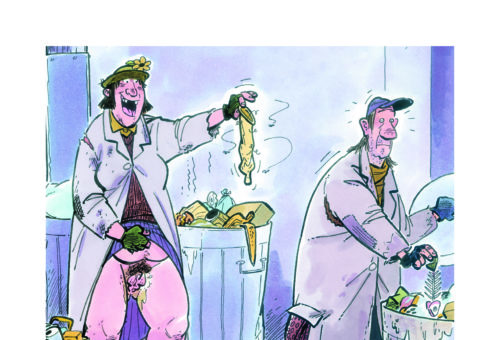The war against pornography is intensifying. Censorship, restriction and First Amendment fuckery could reign supreme if campaigns from pseudo-scientists, the religious right and conservative politicians are successful. The demonization of porn is nothing new, but with a cultural cleanup in progress, the threat now is greater than ever before.
HUSTLER investigates the swelling antiporn movement in America as it pushes to declare a public health crisis on the issue. We examine the ways in which pornography has been accused of reshaping contemporary society and look to the U.K., where draconian measures will see porn users forced to hand over their personal data if they want to view adult content online.
Pornography is on the firing line, and that means certain aspects of American freedom are at risk. Our access to the adult content we enjoy was not handed to us. It was a hard-won battle against puritanical, authoritarian attitudes in a war that is being fought yet again. Obscenity and its ability to corrupt remain the bedrock upon which antiporn crusaders have built their defenses.
A SHORT HISTORY OF PORNOGRAPHY
Several key legal events shaped how content has been deemed “obscene” in the U.S. over the last 150 years.
Prior to 1957 works were determined to be obscene based on the Hicklin test, which stemmed from an 1868 English obscenity case. The Hicklin test involved a subjective analysis of what is considered obscene. Regardless of literary or artistic merit, Hicklin was used to permit the destruction of any reportedly offensive material. Books by James Joyce, Gustave Flaubert, D.H. Lawrence and many others suffered as a result of this ruling—based on isolated passages and the effect they might have on the mentally impressionable—which was then implemented as common law in the U.S. for decades.
The crusade against obscenity was furthered by anti-vice activist and United States Postal Inspector Anthony Comstock (1844-1915), who rallied for obscenity laws in late-19th and early-20th century America. Hell-bent on upholding Victorian morals, Comstock fought tirelessly against “obscene literature, gambling, prostitution and quack medicine.” He also founded the New York Society for the Suppression of Vice in 1873.































